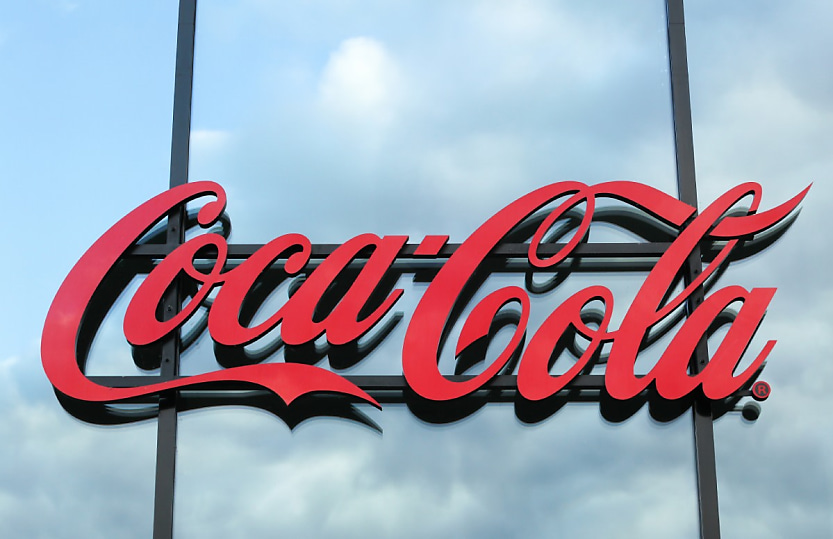ATO pursues Coca-Cola for $174m diverted profits tax

The Tax Office’s arguments echo those raised in its landmark win against Pepsi last week.
The Coca-Cola Company shifted around $435 million in profits overseas and is liable for $174 million in diverted profits tax if withholding tax does not apply, court documents obtained from the soft-drink giant’s appeal against the ATO’s assessments reveal.
The ATO’s arguments, contained in an appeal statement lodged in Federal Court on November 24, echoed those raised against Coca-Cola's long-time rival Pepsi which was last week held liable for millions in withholding tax or DPT, as the court considered the regime for the first time.
According to the ATO, Coca-Cola licensed its trademarks, formulas and branding to an Australian-related party, Coca-Cola Amatil Australia (CCAA) but mischaracterised payments made under this agreement to escape paying royalties withholding tax.
It alleged the agreement, which dated back to 2006, allowed CCAA to obtain the use of, or right to use, certain intellectual property including trademarks, “technical, industrial or commercial knowledge or information in relation to the preparation, packaging, distribution and sale” of Coca-Cola’s beverages.
The agreement also provided CCAA “assistance as a means of enabling the application or enjoyment of such intellectual property or knowledge or information”, it said.
However, “no royalty was paid or payable”, the ATO alleged, because the agreement merely characterised payments made under it as being in exchange for the purchase of concentrate and beverage bases only.
Had Coca-Cola not contrived this “scheme”, the ATO said it would or might reasonably be expected to have expressed payments to include a royalty for the provision to CCAA of its rights and intellectual property that would incur withholding tax liability.
Additionally, as the ATO argued successfully in the first instance against Pepsi, if withholding tax did not apply, Coca-Cola would have then obtained a “tax benefit” under the DPT regime.
According to court documents, the ATO calculated this benefit to be around $435 million between 2018 and 2019, issuing Coca-Cola two DPT assessments in August 2022 that imposed a 40 per cent penalty totalling $173.8 million.
Coca-Cola has since argued that it did not obtain a DPT tax benefit or enter into any scheme for the purpose of obtaining one.
In a notice of filing in the Federal Court disputing the ATO’s assessments, it conceded it “indirectly held a minority interest” in the company that owned CCAA but said both were at “arm’s length to one another” when transacting.
It also said that its Singaporean subsidiary and concentrate maker merely sold concentrate to CCAA, and CCAA paid for the concentrate.
“[CCAA] was granted no interest in [Coca-Cola’s] trademarks or any goodwill attaching thereto, or in any label, design, container or visual representations thereof,” it said.
“[Coca-Cola] did not obtain a DPT tax benefit in the amount determined by the [ATO] or at all.”
An ATO spokesperson acknowledged the Coca-Cola Company’s proceedings in the Federal Court in a statement to Accountants Daily.
“Broadly, the dispute relates to whether some part of the consideration for concentrate should have been characterised as a royalty and subject to withholding tax.”
“The Tax Avoidance Taskforce has been investigating arrangements where payments have been characterised so that withholding tax has not been paid.”
They said the ATO’s work on such international arrangements could be traced back to taxpayer alert TA 2018/2, which warned of “increased scrutiny” for taxpayers and their advisers.
During 2018 and 2019, the accounts of Coca-Cola and Coca-Cola Amatil were audited by EY, according to the Financial Review.
The spokesperson added: “Last week the ATO was successful at first instance in relation to royalty withholding tax and in the alternative diverted profits tax in a matter involving Pepsi. That decision may be subject to appeal.”
About the author







